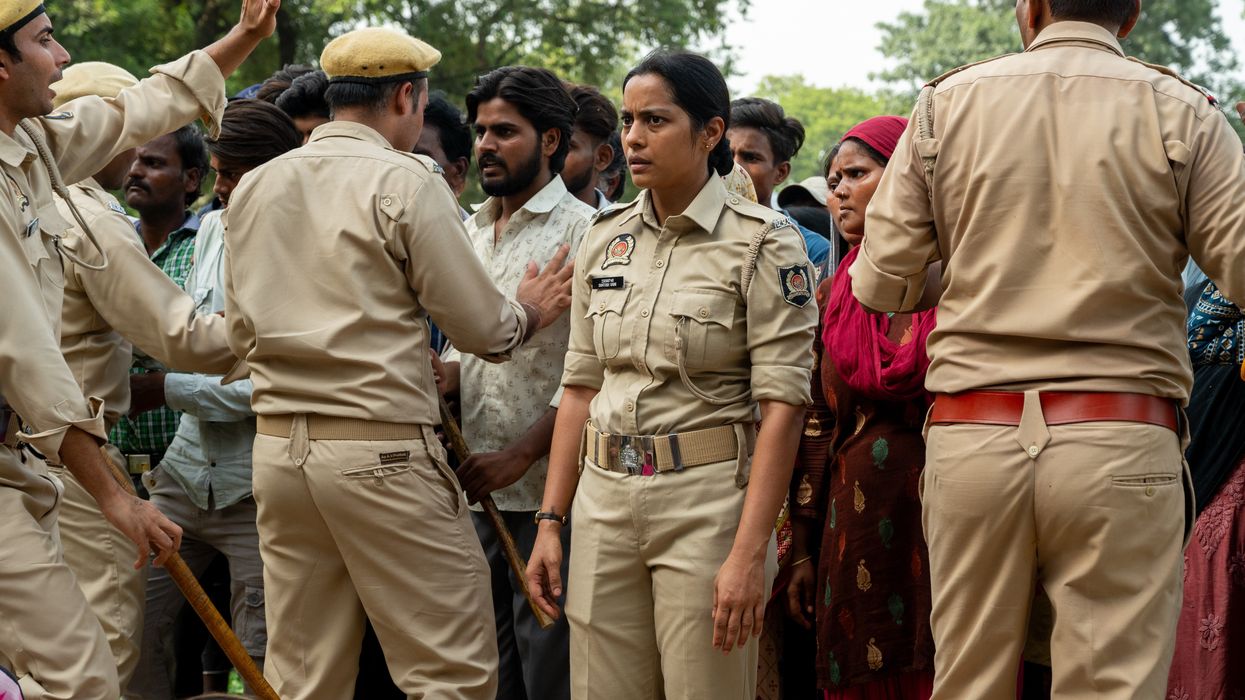POLICE corruption, caste politics, and dangerous interfaith liaisons are at the heart of Santosh, a feature by British Indian filmmaker Sandhya Suri. She turns the title on its head – Santosh, regarded more widely as a male name, is the protagonist, played by the versatile Shahana Goswami.
Santosh’s husband, a police constable in a north Indian village, is killed in the line of duty. Or so it appears.
Under a government scheme for widows of slain policemen, Santosh joins the service and quickly learns that the job is less about protecting people and more about safeguarding one’s own interests by wielding power.
Her senior colleagues target young lovers getting frisky in public spaces, with little accountability for off-the-book, disproportionate actions. Santosh gets drawn into a murder investigation when the body of a young girl from an ‘untouchable’ Dalit caste is found in a well.
Working with a senior female colleague, whom she regards as a mentor (Sunita Rajwar as Geeta Sharma), Santosh tracks down the main suspect. Her bosses are pleased, and she is promised a promotion. Yet, what unfolds next is, in parts, unsurprising and uncomfortable, though compelling.
With sharp editing and punchy dialogues, Suri paints a portrait of the shifting dynamics of power – between the police and villagers, experienced colleagues and novices, men and women, and local officials left to their own devices.
Despite the expanse of themes covered in the film – class, authority, abuse, patriarchy – the dialogue is sparse, but complemented by Goswami’s restrained performance. The film delivers a powerful synopsis of what lurks in the villages and towns of India, behind the dazzling razzmatazz of glossy headlines.
Her character’s arc, as a woman who married for love, learning on her feet, giving in to authority, standing up for herself, negotiating consequences, pushing for answers, give Santosh the credibility real-life documentaries seek to portray. There’s a note of hope in Suri’s unflinching take on the realities of rural India, though the questions raised linger on long after the film has ended.




